EBA Welcomes Progress on GHG Emissions Savings Measurements in Transport and Calls for Full Recognition of Renewable Fuels
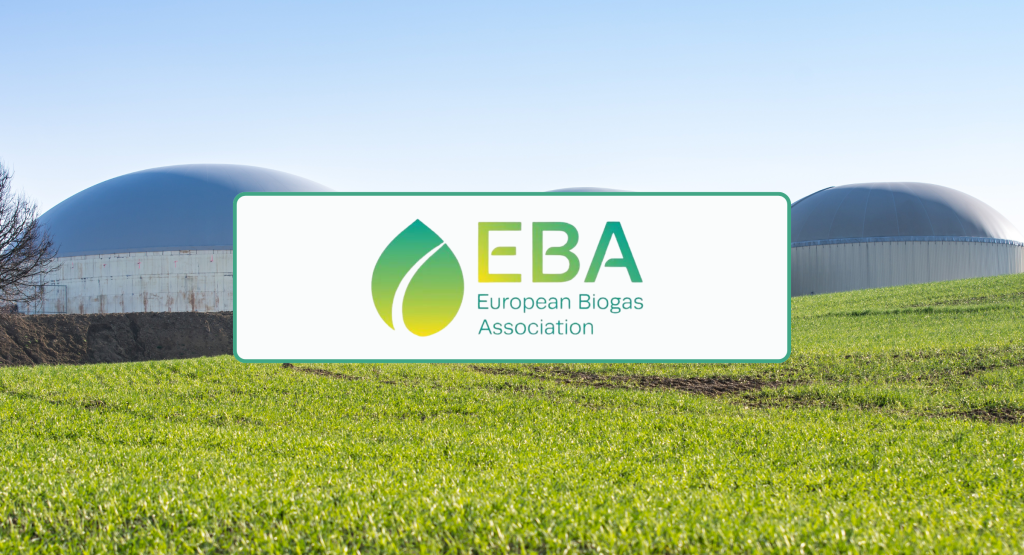
Brussels 11/04/24: The European Biogas Association (EBA) welcomes yesterday’s adoption of the European Parliament Report on the CountEmissions EU proposal, which is based on a well-to-wheel approach, but regrets the decision not to include a mechanism to account for renewable fuels in the scope of the CO2 Emission Performance Standards for Heavy-Duty Vehicles (HDVs) Regulation, as the text follows a tailpipe methodology that restrains the full accountability of biomethane in transport decarbonization.
EBA supports the European Parliament’s work on the CountEmissions EU proposal, which aims to provide a uniform approach for measuring greenhouse gas (GHG) emissions from both passenger and goods transportation in the EU, utilizing a well-to-wheel methodology.
The biogas industry equally acclaims the additional request of the European Parliament to task the European Commission with the development of a more comprehensive procedure for calculating all transport modes’ GHG emissions based on a life-cycle approach. Such a science-based methodology would account for all emissions across the entire transport value chain, providing a level playing field for all decarbonization solutions.
Despite this positive step, the adoption of the CO2 Emission Performance Standards for new HDVs, approved the same day, represents a missed opportunity to recognize biomethane’s contribution to transport decarbonization. The tailpipe methodology included in the proposal does not take into account the CO2 emissions savings achieved thanks to the use of renewable fuels, such as biomethane, contrary to the methodology considered in the CountEmissions EU proposal.
Biomethane is a solid and readily available solution to swiftly curb transport emissions, with the potential to even achieve negative emissions depending on the feedstock used in the production process. According to the EBA Statistical Report, 8.6 TWh of biomethane was used in transport in 2022, the equivalent of over 25,000 LNG trucks or 38,000 CNG trucks fuelled with biomethane annually.
“Regardless of this setback, EBA acknowledges the disposition from some MEPs to assess more carefully the negative effects of the de facto ban to the registration of new Internal Combustion Engines (ICE) vehicles as of 2040 enshrined in the HDV’s adopted text”, said Anna Venturini, EBA Policy Manager. “EBA is ready to cooperate with the European Parliament and European Commission in the preparation of the upcoming 2027 revision of the text, so that the new proposal can have a technology-neutral approach allowing for all green solutions to speed up transport decarbonization.”
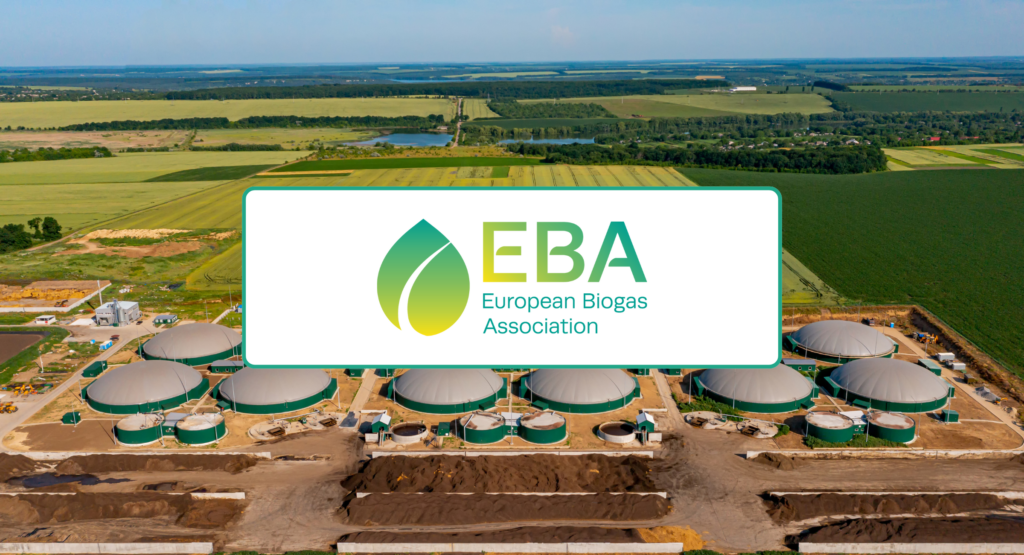
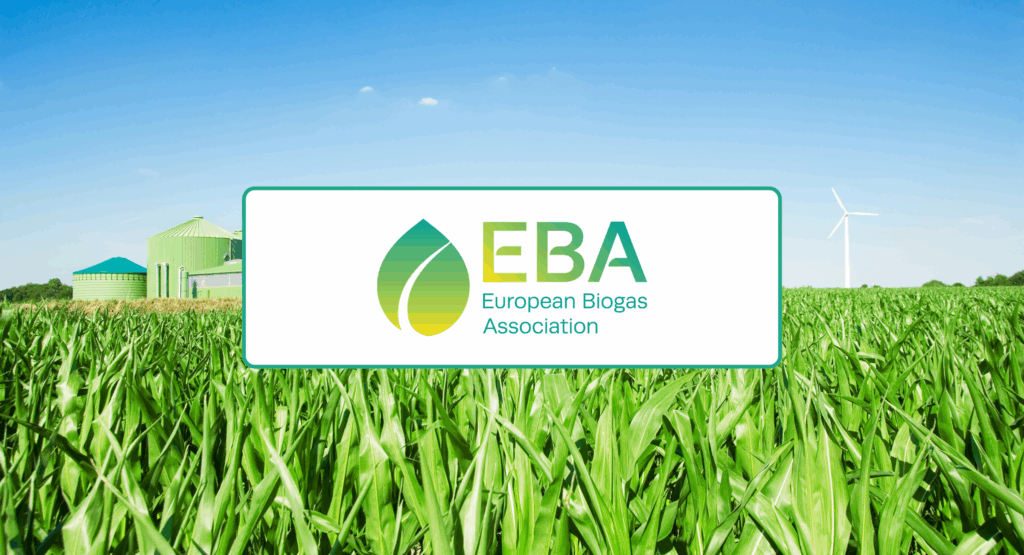
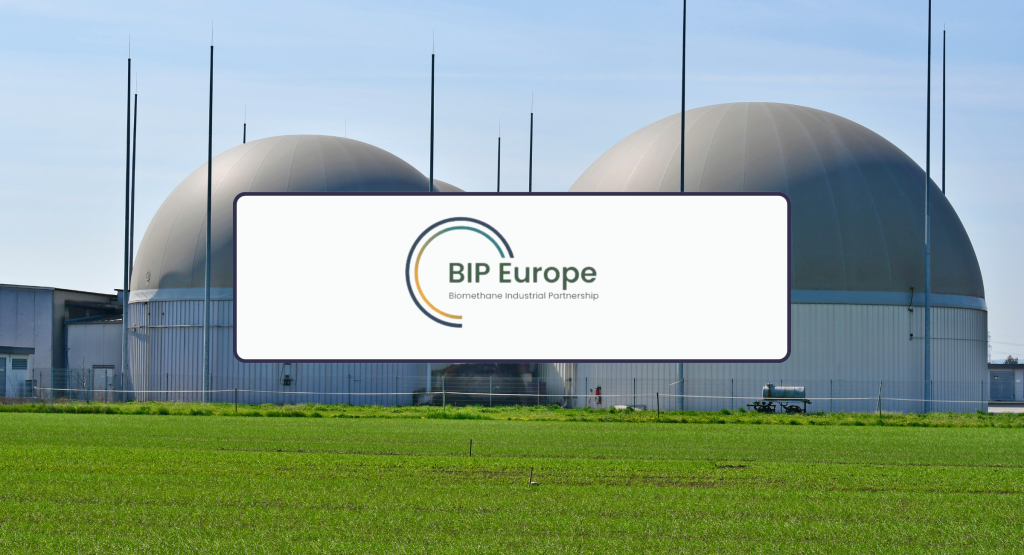
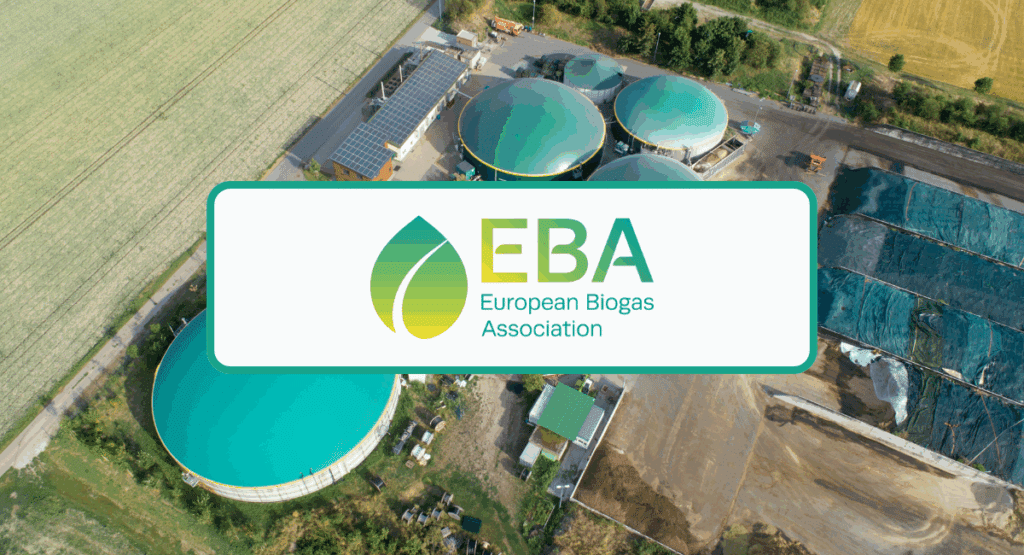
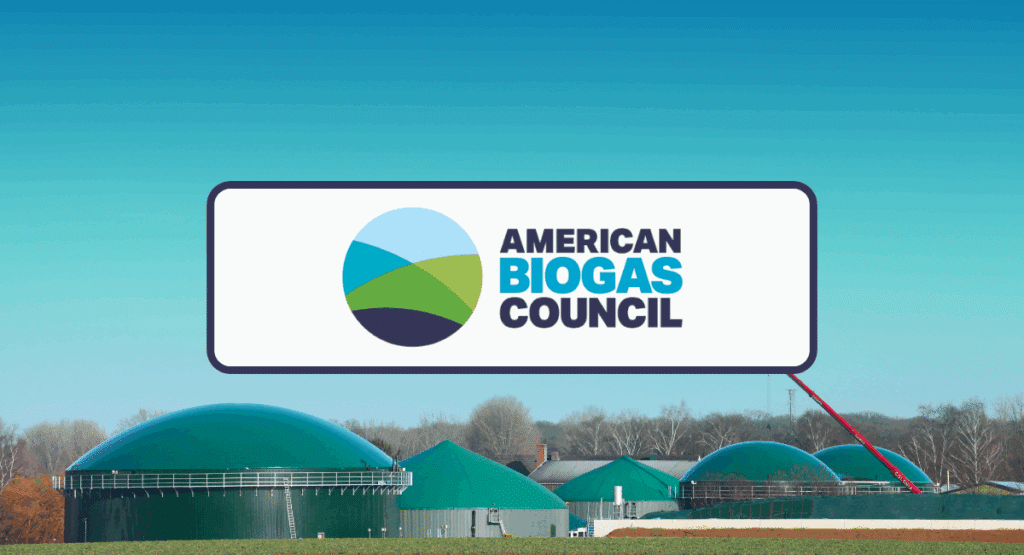
Comments